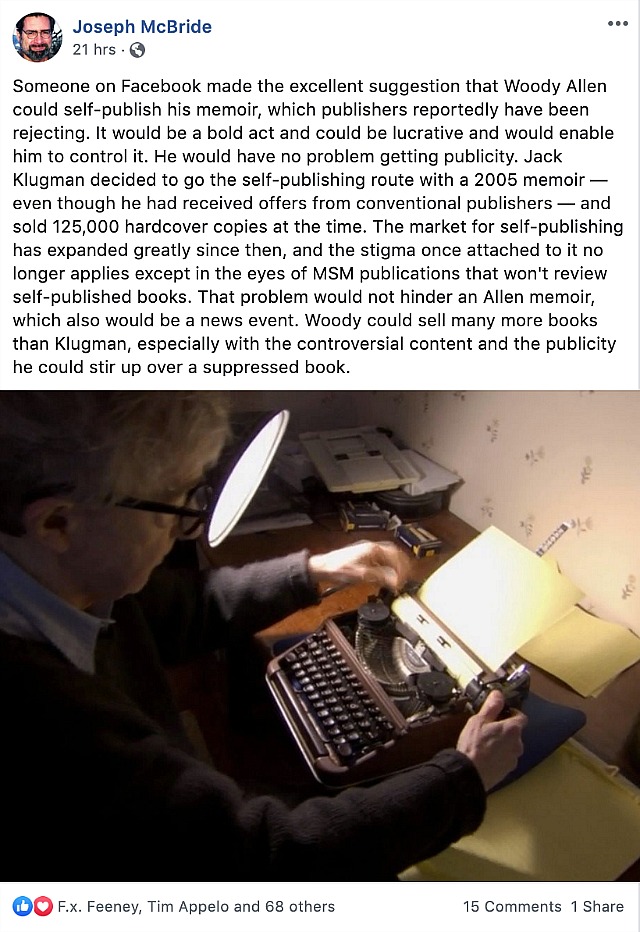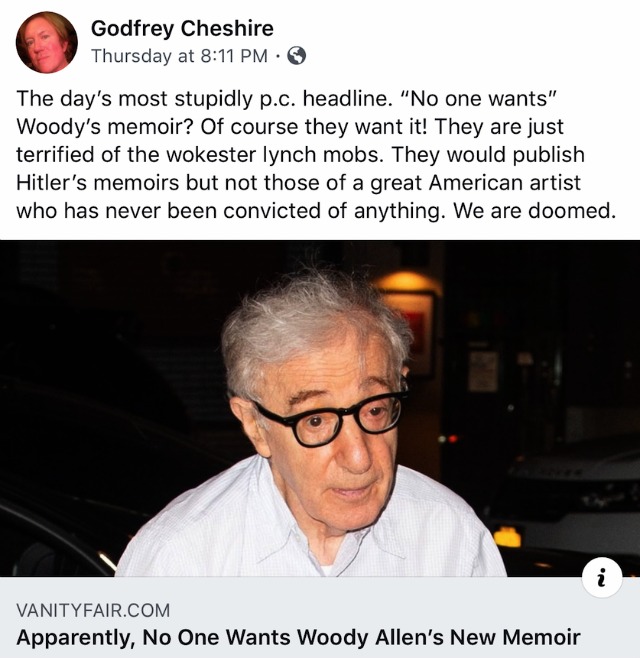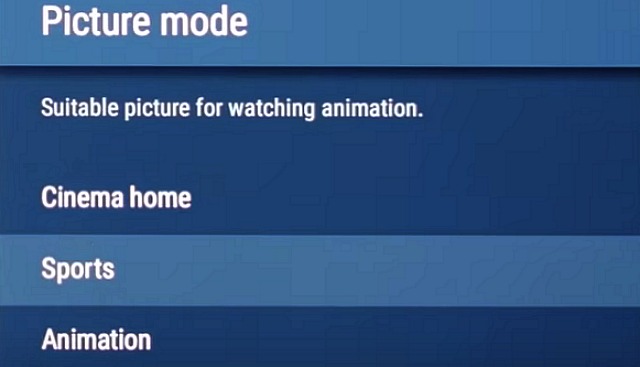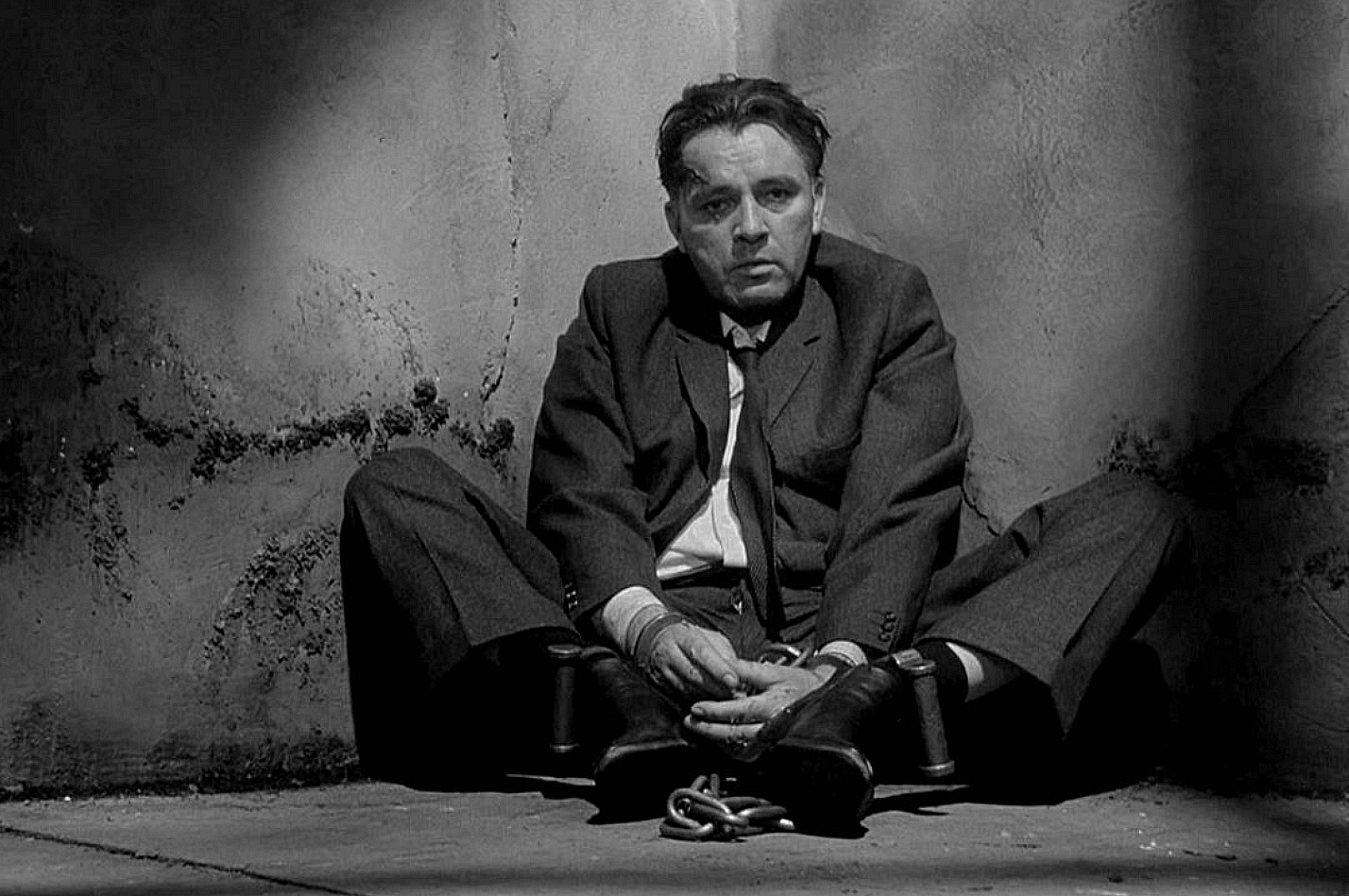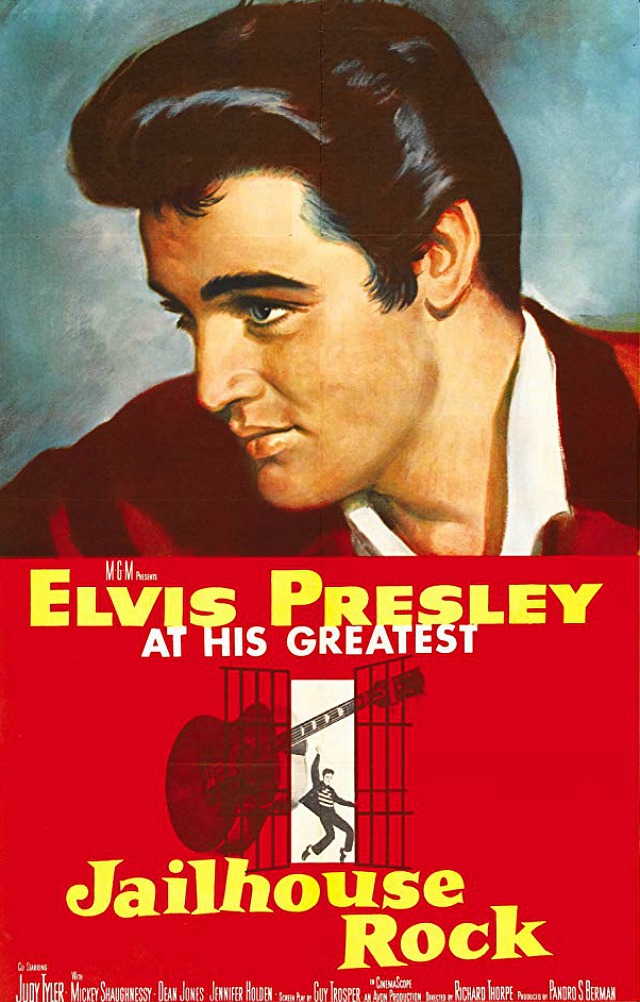I can’t see Avengers: Endgame winning a Best Picture Oscar, but a nomination could happen, and I would understand why. Or at least I would, you know, acquiesce.
If the Academy could give a Best Picture Oscar to Peter Jackson‘s Return of the King (which was basically an “attaboy” for the financial success of the Rings trilogy), the same principle should fairly apply to the Big, Fat, Fleet and Well-Jiggered Finale of the Marvel Comic Universe series, which has been been chugging along for a full 11 years.
The fact that a serious MCU hater like myself found Endgame engaging and even gripping over the entire three hours…well, that ought to mean something. From the perspective of your average Academy voter, I mean.
Earlier today Alex Ross Perry, whose films I’ve mostly hated and who doesn’t write all that well, posted an essay to support this notion. Here’s a portion:
“To dismiss this Best Picture scenario as a reality is, to me, no different than being a person who, still in the spring of 2019, says ‘superhero movies boo’ and stubbornly refuses to engage with the absolute fact that we live in a world where the Avengers teaming up one final time — on the same weekend as the Battle of Winterfell -— is more culturally relevant, exciting and important than the World Series and Superbowl combined. If people haven’t accepted this by now, they are free to remain obstinate, I guess.
“I, for one, am thrilled to look ahead to a future where the NFL no longer exists and serious analysis of Star Wars, Marvel and whatever the next Game of Thrones might be takes a seat at the cultural table once reserved for the fading era when fully-grown adults would pore over sports statistics and post-game analysis.
“My dp Sean Price Williams was once asked if he ever was into sports. “Yeah, when I was a kid,” he replied. “Before I discovered important things. Like movies and comic books.”
If I was Perry I would have composed the beginning sentence of the fifth paragraph as follows: “To dismiss this Best Picture scenario as a reality is, to me, no different than being a person who, still in the spring of 2019, says ‘superhero movies can blow me.'” I’m sorry but “can blow me” sounds better than “boo.”
